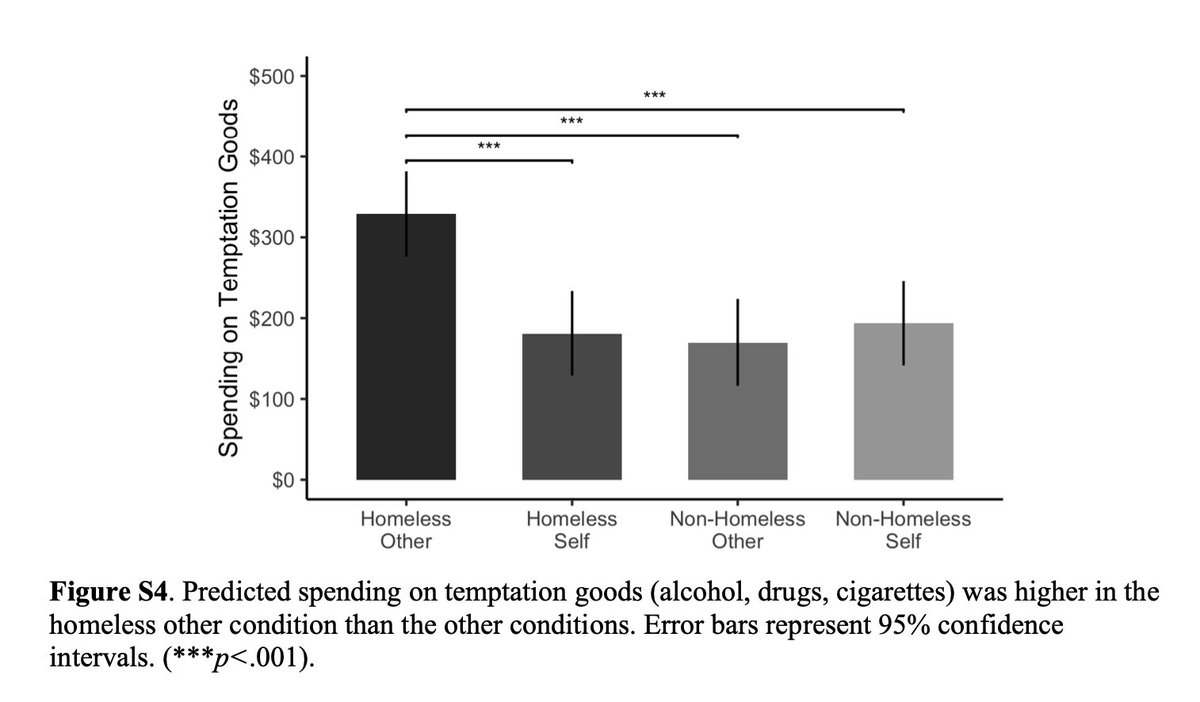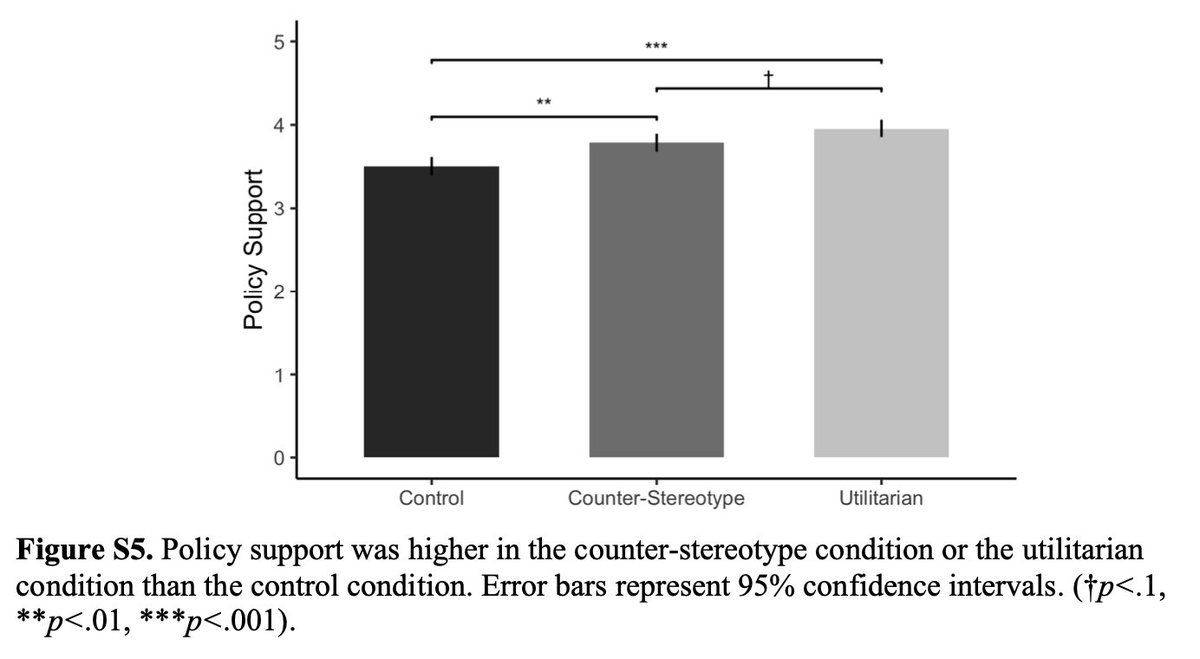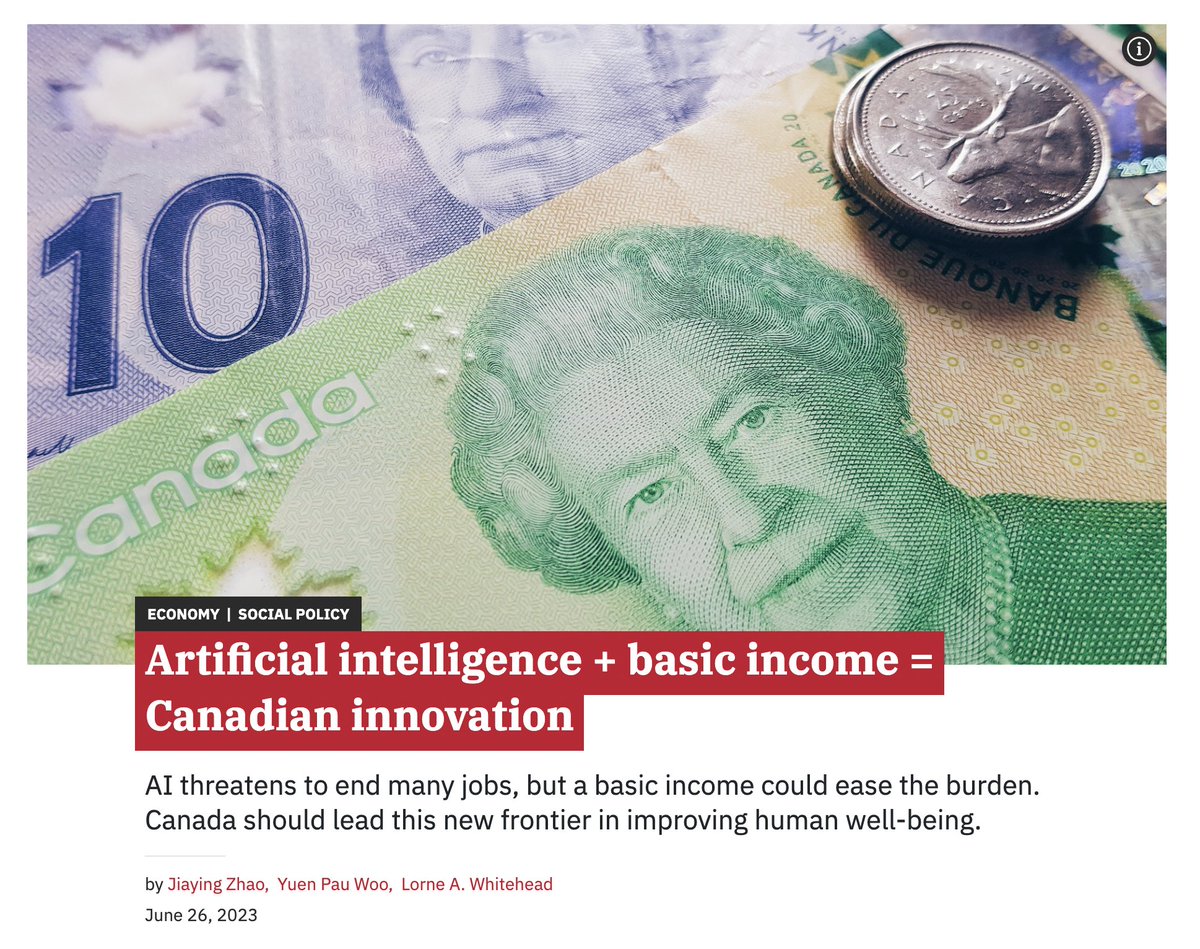I'm beyond proud that our paper "Unconditional cash transfers reduce homelessness" is published at @PNASNews today! This is the most ambitious project I've ever done, and it truly took a village for the last 7 years 🥳❤️🧵
pnas.org/doi/10.1073/pn…
pnas.org/doi/10.1073/pn…
Homelessness is an extremely costly crisis: it shortens the human lifespan by ~10 years, and can cost the government up to $132,000 in Canada or $83,000 in the US per person per year
Current approaches include providing emergency services, healthcare, and housing supports, but they are not working. The homeless population increased by 67% in Vancouver but its entire population only grew by 23%.
So Claire Williams and I teamed up in 2016 and designed an experiment where we distributed $7,500 to people experiencing homelessness in Vancouver. This cash was unconditional and one-time, about the annual income assistance in British Columbia.
We quickly worked with the BC government to set up a policy to allow people to keep the cash while still being eligible for social services (to avoid the benefits cliff).
We also worked closely with @Vancity to open free checking accounts for our participants so we can e-transfer the cash. 💵
We deployed a team of interviewers to 22 shelters on a weekly basis to recruit participants for two full years, to get 50 participants in the cash group and 65 in the control group. The participants were followed for 1 year to track the impact of the cash transfer.
To our surprise, we found that the cash transfer cut homelessness by 99 days, increased spending on rent, food, transit, and durable goods, and the reduced reliance on social services generated societal savings of $8,277 (net savings of $777) per person/yr. 

Importantly, there was no difference in spending on temptation goods (alcohol, drugs, cigarettes) between the cash and control participants. This is consistent with past studies that showed no increased temptation spending after the cash transfer journals.uchicago.edu/doi/abs/10.108…
Also to our surprise, workshop (a combo of self-affirmation, goal setting, plan making) and coaching that we provided to a randomly selected subset of the participants had little impact. Positive affect and cognitive function only improved at 1 and 3 months, respectively.
So can we consider cash transfer a potential homelessness reduction policy? Well, people are generally resistant to giving homeless individuals cash because they don't trust their ability to manage cash. This mistrust is so unfair and infuriating 😡
People predicted that the cash recipients in our study would spend $329 a month on temptation goods (alcohol, drugs, cigarettes), whereas only $182 a month if recipients were not homeless. But in reality, our cash recipients only spent $120 a month on temptation goods. 

To combat this mistrust, we portrayed the impacts of the cash transfer in a counter-stereotypical message (no increased temptation spending, but more spending on rent, food, and clothing), or in a utilitarian message (the cash transfer produced net savings for society).
Both the counter-stereotype message and the utilitarian message increased public support for a future cash transfer policy to reduce homelessness! 

We are currently expanding our project to include more individuals experiencing homelessness with a larger cash transfer. Please join us to fight homelessness and poverty! My email: jiayingz@psych.ubc.ca
This project wouldn't be possible without @RyanDwyer5 @claireforchange @anitapalepu @F4SocialChange @Vancity @BCGovNews @LookoutSociety @SocietyFry @raincityhsg @UBC @UBCPsych @ubcires @UBCSauderSchool @UofT_BEAR and so many donors, partner organizations, and foundations!
- end
- end
• • •
Missing some Tweet in this thread? You can try to
force a refresh

 Read on Twitter
Read on Twitter




